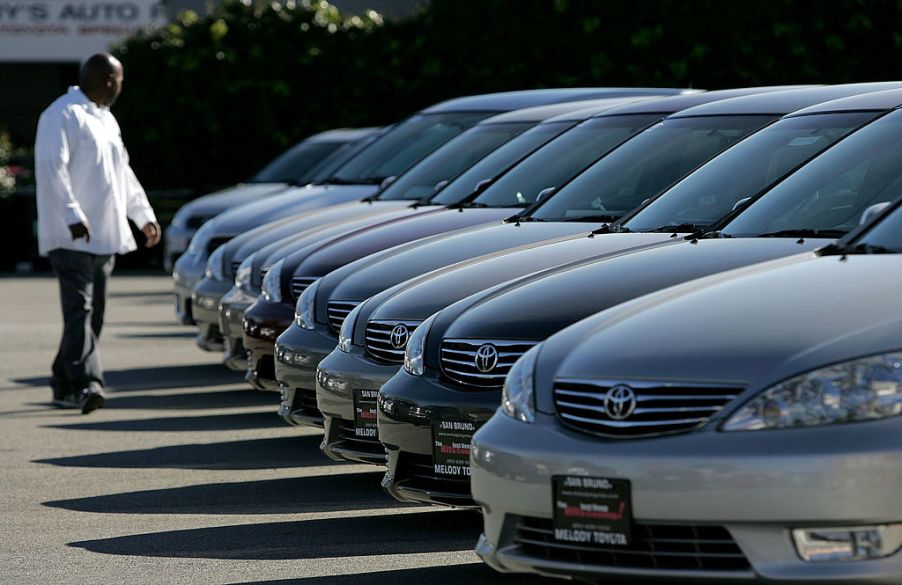
When Does Buying a New Car Make Sense?
If you happen to be in a situation where you’re in need of a car, then you might come across the dilemma of choosing whether it’s worth it to buy a new car over a used car. Sure, you can save a lot of money upfront if you purchase a used car, but it can cause some possible drawbacks later on down the road. However, if you opt for a new car, then you’ll pay more upfront and suffer from depreciation later on. Decisions… decisions… Let’s take a look at when it might make more sense to buy a new car.
Advantages of buying a new car
If you have enough money, or enough credit, to purchase or lease a new car, then there are some inherent advantages, including:
- New car factory warranty: Having a factory warranty can actually save you thousands for the first few years of owning a new car. While most new cars should be in perfect working order when you purchase them, you never know what can happen.
- No previous owners: No need to worry about anyone else’s mess in the car before you.
- Lower financing rates: New cars typically have lower financing rates available from just about any lender you choose.
- Lower maintenance costs upfront: You typically will only need to pay for oil changes and routine maintenance for the first few years, which is much cheaper than buying a higher-mileage used car and having to pay for larger maintenance procedures.
But, of course, all of these advantages come at the higher price of buying a new car. And considering your brand new car does lose some of its value when driven off the dealer’s lot, the depreciation could outweigh the advantages.

Disadvantages of buying a new car
On the other side of the coin, there are some disadvantages to buying a new car, so let’s take a look at those:
- A new car is more expensive
- It depreciates a lot in the first year
- Unknown reliability: If you happen to buy the first year of a new model generation, then there could be some unforeseen issues.
- Higher tax and insurance costs: The newer the car, the higher the taxes and insurance rates.
As we can see, the main drawbacks to buying a new car are the higher up-front cost as well as the insurance cost. For many consumers, the higher cost of a new car alone might not make it worthwhile or even possible to shop for one. However, there are low-priced new cars (Nissan Versa, Mitsubishi Mirage, Chevy Spark, etc.) for this very reason. If buying a new car is within your means, then let’s see when it would actually make sense.

Should I buy a new car?
There is really no perfectly correct answer to this question for every consumer considering there are so many different situations regarding someone’s current financial and credit situation, living situation, etc. There are actually two schools of thought when it comes to buying a new car. Some financial experts will tell you to save your money and always buy used. However, there are a few reasons where purchasing a new car makes more sense.
- If you plan on keeping the car a long time (5 years or more), then you’ll be able to drive it presumably worry-free for the first few years and likely have fewer issues later on
- If you drive more than the average amount of miles (10k-15k) per year. Many older, used cars might not be up to the task.
- You can afford the car payments and insurance without any financial risk
Again, these reasons can still be subjective depending on your individual situation. But basically, if you can afford a new car and don’t want to deal with the possible worry or hassle of having to fix a car later in its life, then the new car scent awaits.
And if you’re worried about depreciation, then look into leasing a new car, as you’re technically just paying off the depreciation during the lease term and can trade it in for a new car when the lease is up. Or, if you’re planning to finance the car, then you can also negotiate the price down in order to circumvent at least the first year of the car’s depreciation.



